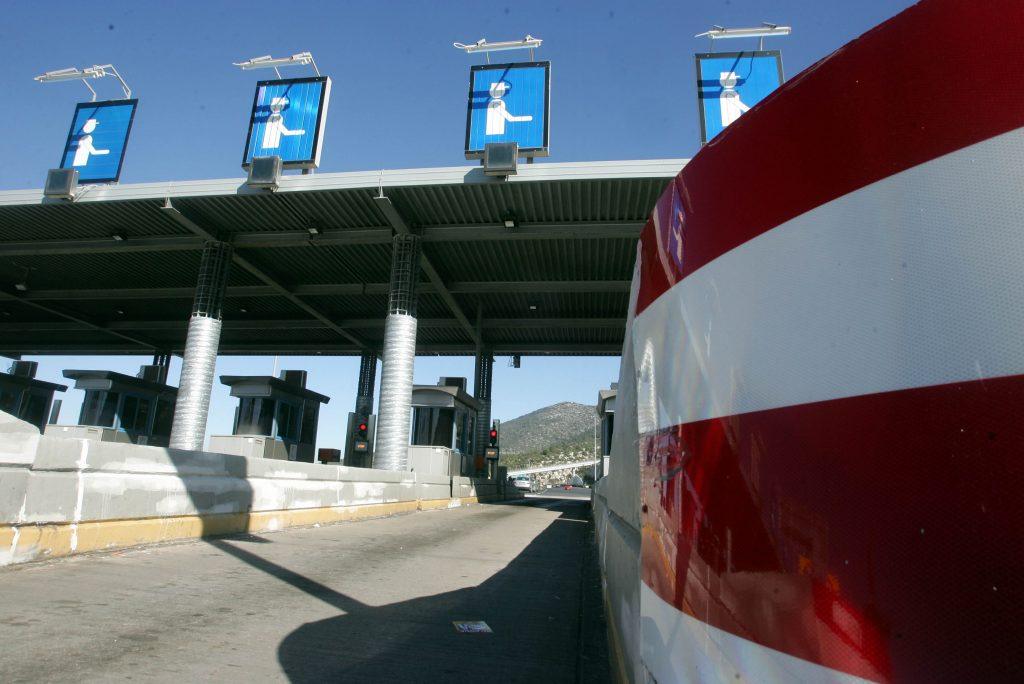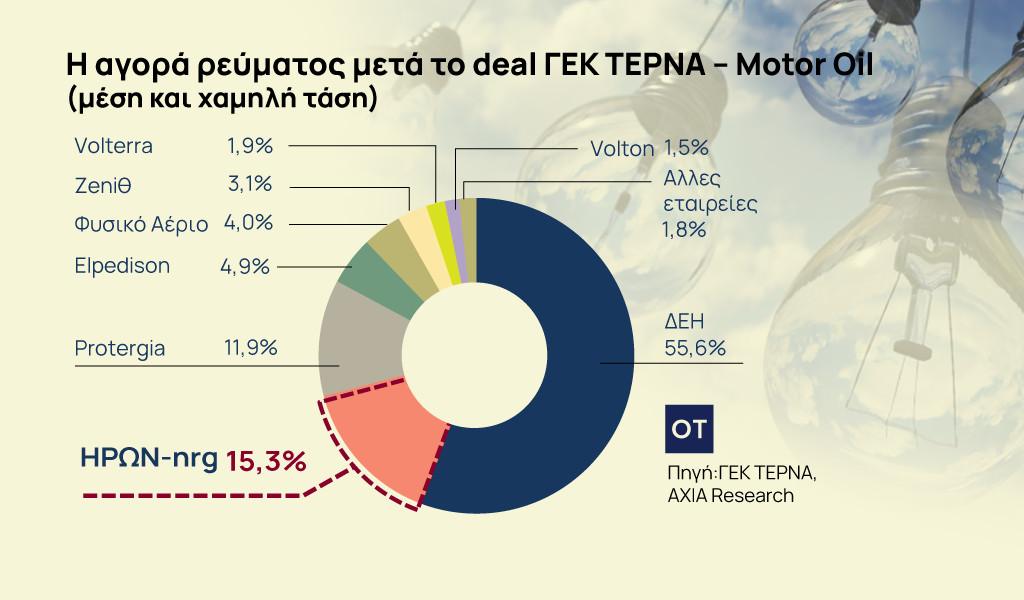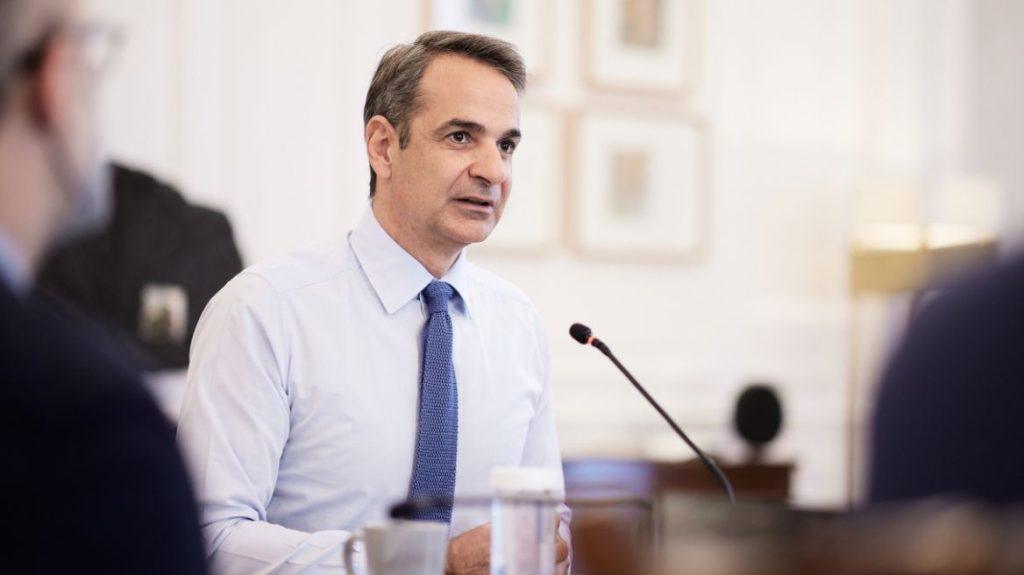Greek central banker Yannis Stournaras forecasts inflation in Europe at around 5.5 percent for 2023, essentially half of the current rate, unprecedented by Eurozone standards since 2022, in a wide-ranging podcast given to OT .
Asked about interest rates, Stournaras, the influential governor of the Bank of Greece (BoG) and a member of the ECB’s governing council, noted:
“I think we’ll now go towards more reasonable increases,” when querying on whether pending ECB rate hikes will be as pronounced as the previous one.
“It seems that we’re keeping inflation at 2 percent over the medium and long term and it also seems, for now at least, to be keeping wage demands at a level consistent with inflation at 2 percent over the medium and long term,” he added.
Specifically for inflation, he bases his forecasts, as he said, on the expected and projected reduction of rates in all fuser markets, including for electricity.
“While we saw Russian instrumentalizing natural gas by cutting the supply…in Europe we continued with the target model, pricing electricity based on the marginal price per unit, in which the unit was natural gas, something very expensive,” he said, adding that “greener” RES’s should have been bumped to the front of the list, with natural gas calculated last.
Greek central banker Yannis Stournaras reminded of the stern warnings by the European Central Bank (ECB) and Europe’s central bankers over the risks entailed in crypto-currencies, in the wake of this month’s bankruptcy of crypto exchange platform FTX.
“You’ll remember that we had, long ago, warned about the major risks entailed in crypto-currencies. Luckily, European banks had not loaned (in crypto-currencies), in other words, they don’t have exposure vis-à-vis crypto-currency companies. However, many countries, and to a large extent, in the United States, people relatively below the average income level, invested money and are losing money. That’s where the main issue lies,” the influential Bank of Greece (BoG) governor said, adding:
“In Europe, thankfully, it’s a much less pronounced (phenomenon)… You’d see investment (in crypto-currencies) by eccentric American billionaires, or, by poorer people, who invested as if they’re playing (with money) in a casino. People, however, without knowledge, believed that this was a situation which would continuously rise… This is a very, very risky product,” he added.
Greek central banker Yannis Stournaras, recounted his two-year tenure as the country’s finance minister – a period that coincided with a punishing second memorandum bailout – and months before the Samaras coalition government was voted out of power.
Stournaras described a period, July 2012 to June 2014, when 80 percent of economic analysts around the world forecast Greece’s exit from the common currency, the dreaded and oft-repeated “Grexit”.
“…we were aware of the (bad) climate, and the fact that many people were telling us to leave (the eurozone) for our own good. That was a huge mistake by those analysts, who believed that leaving the euro zone constituted a (mere) currency devaluation; a huge, tragic mistake, both academically, and more so, in practical terms,” he underlined.
Stournaras cited what he called profound ignorance at the time regarding such vital issues, adding that “today, of course, I speak with many of them (analysts), and they have regretted (this position) of course, sorely regretted, (making such) proposals to us at the time.”
Queried over the painful and unprecedented – in the post-war period – austerity measures taken by the Samaras government at the time, Stournaras said the measures “were our contribution to the program (bailout).
“In other words, the other (eurozone) countries put up money, and we put up money by savings through the measures; this, essentially, was Greece’s contribution towards saving itself. Because other (countries) were saying, ‘how can we put up money when the Greeks themselves, the subject of this whole story, don’t contribute’?”
Stournaras said austerity measures were necessary to get the bailout program passed through the German, Dutch and Austrian parliament, among others, but also with the “Slovak and Slovenian (Parliaments), because, keep in mind, the biggest problem we faced from those countries, which had pension levels at one-third of ours, was to get them to participate in Greece’s bailout program.”


































